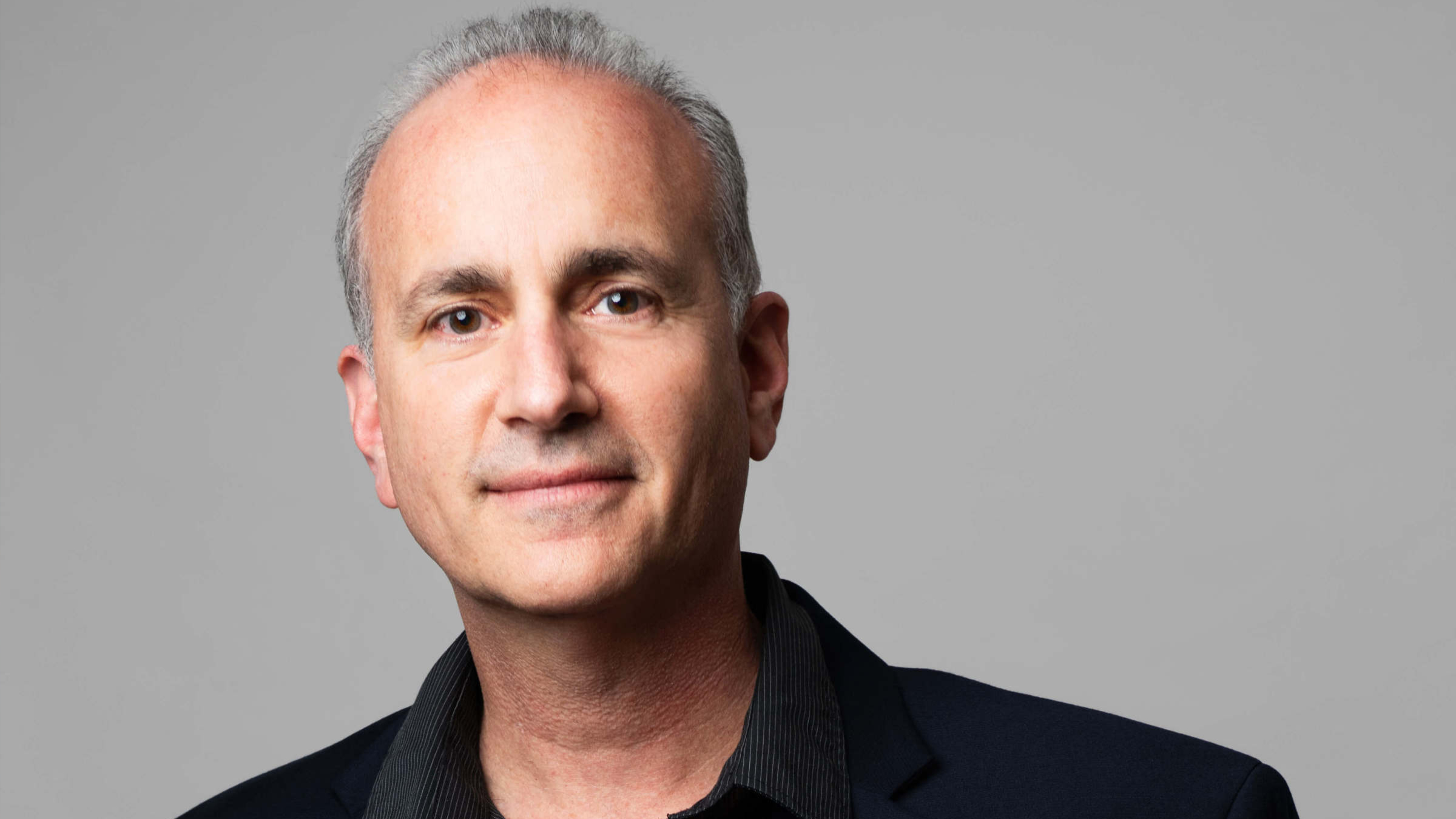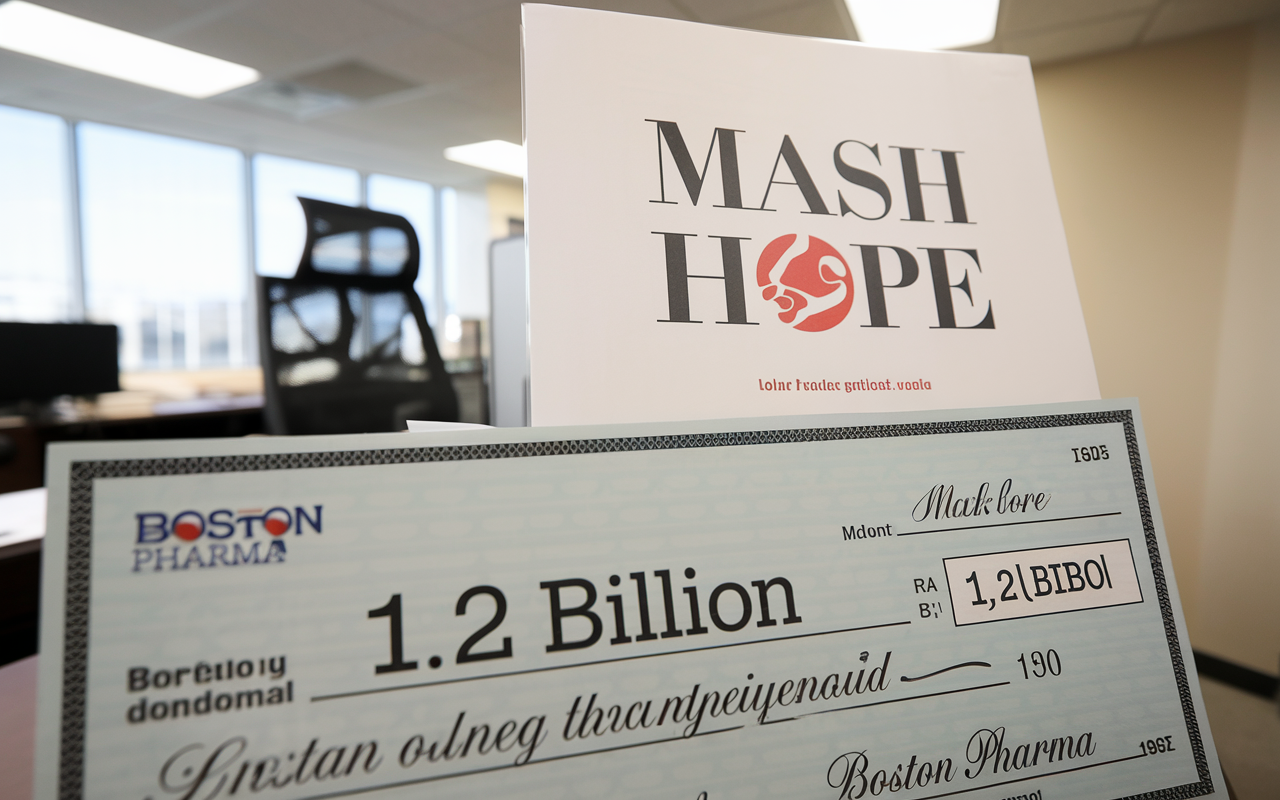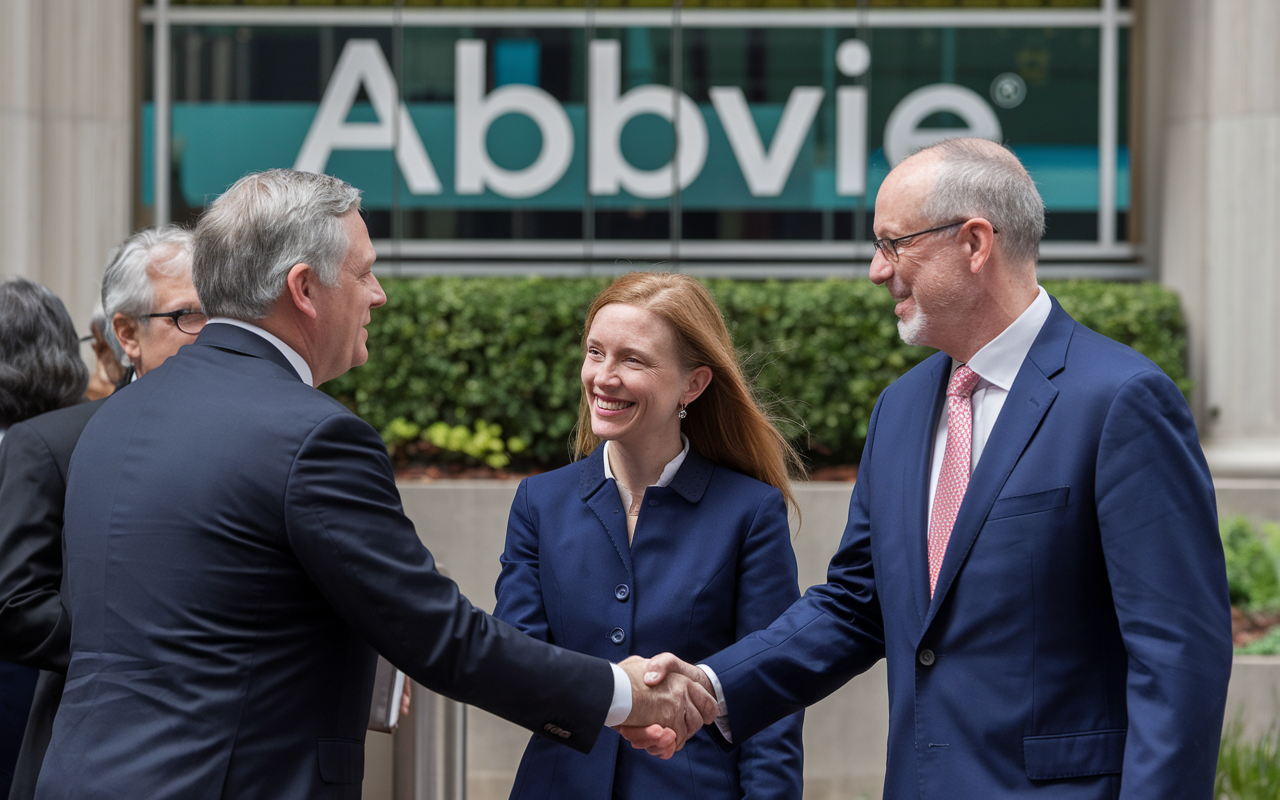Welcome, BioPharmaPulse Readers!
Exciting breakthroughs are shaping the biopharmaceutical landscape this week. From pioneering collaborations to significant regulatory milestones, there's much to explore. Let's dive into the innovations that are driving our industry forward.
What's in this issue:
- 🎯 Novo Nordisk's $2.2B partnership for oral obesity treatments
- 💰 GSK's major investment in a promising liver disease drug
- 🚀 FDA approval of AbbVie's new lung cancer therapy
- 🧠 Learn about Antibody-Drug Conjugates (ADCs) in cancer treatment
Quote of the Day
"Innovation is seeing what everybody has seen and thinking what nobody has thought." – Dr. Albert Szent-Györgyi
Latest Developments
🎯 Novo Nordisk Partners with Septerna for Oral Obesity Treatments (2 minute read)

Rundown: Novo Nordisk has entered a collaboration with biotech company Septerna to develop oral small molecule treatments for obesity, committing over $200 million in upfront and near-term payments. This partnership aims to expand Novo's obesity pipeline by focusing on G protein-coupled receptors like GLP-1.
Keypoints
- 📝 Novo Nordisk and Septerna sign a deal worth up to $2.2B
- 💊 Focus on developing oral small molecule obesity treatments
- 🧬 Targets include GLP-1, GIP, and glucagon hormone receptors
- 🔬 Partnership aims to offer more convenient weight loss options
Why it matters: With rising global obesity rates, accessible and effective treatments are crucial. This collaboration could lead to oral medications that improve patient adherence and outcomes in weight management.
💰 GSK Pays $1.2B Upfront for Boston Pharma’s Liver Disease Drug (2 minute read)

Rundown: GSK has agreed to pay $1.2 billion upfront to acquire efimosfermin alfa, a promising mid-stage candidate for treating metabolic-associated steatohepatitis (MASH), a severe form of fatty liver disease. This move strengthens GSK's position in developing treatments for liver diseases.
Keypoints
- 💵 GSK invests $1.2B upfront in acquiring efimosfermin alfa
- 🩺 Efimosfermin alfa targets MASH, a critical liver condition
- 🔬 The drug is in mid-stage clinical development
- 🌐 Enhances GSK's liver disease treatment portfolio
Why it matters: MASH poses a significant health challenge with limited therapies available. GSK's investment could accelerate an effective treatment, offering hope to patients affected by this progressive disease.
🚀 FDA Approves AbbVie's Antibody-Drug Conjugate for Lung Cancer (2 minute read)

Rundown: The FDA has granted accelerated approval to AbbVie's new antibody-drug conjugate, telisotuzumab vedotin, for treating certain non-small cell lung cancers (NSCLC) post systemic therapy. This ADC targets the c-Met receptor, introducing a novel approach in lung cancer treatment.
Keypoints
- ✅ FDA approves telisotuzumab vedotin under accelerated program
- 🧬 The ADC specifically targets c-Met in NSCLC patients
- 💉 Applicable for locally advanced or metastatic cases
- 🏥 Offers a new option for patients after prior treatments
Why it matters: Lung cancer remains a leading cause of cancer mortality. This approval provides a new targeted therapy, potentially improving outcomes for patients with limited treatment options.
Question of the Day
❓ What biopharmaceutical innovation excites you the most?
Trending
🧬 AbbVie Invests $335M in ADARx for siRNA Therapeutics
- AbbVie strengthens its genetic medicine portfolio by securing options on next-gen small interfering RNA (siRNA) therapeutics across multiple disease areas.
🏥 Herantis Pharma Advances Parkinson’s Disease Trial
- Herantis Pharma completes dosing in Phase 1b trial of HER-096, with topline data expected later this year, marking progress in Parkinson's disease research.
Industry Insight
🧠 Understanding Antibody-Drug Conjugates (ADCs)
Antibody-Drug Conjugates are innovative therapeutics that combine the specificity of antibodies with the potency of cytotoxic drugs. By targeting cancer cells specifically, ADCs aim to maximize efficacy while minimizing harm to healthy cells.
By learning about ADCs, we see how precision medicine is advancing to provide more effective and safer cancer treatments.
Quick Hits
📰 Allogene Cuts 28% of Staff Amid CAR-T Updates (1 minute read)
- Allogene Therapeutics reduces its workforce to extend its cash runway into 2027, focusing resources on advancing key clinical programs.
📰 Kaerus Bioscience Secures Orphan Drug Designation (1 minute read)
- The FDA grants orphan drug status to KER-0193 for Fragile X syndrome, acknowledging its potential as a therapy for this rare pediatric disease.
📰 Sanofi Commits $20B Investment in US R&D (1 minute read)
- Sanofi announces a significant investment to enhance its US research and development efforts through 2030, signaling confidence in the market's potential.
📰 Bluebird Bio Receives Improved Buyout Offer (1 minute read)
- Investors benefit as Carlyle and SK increase their buyout offer for Bluebird Bio by 67%, reflecting the company's value in gene therapy.
📰 ADC Therapeutics Discontinues Clinical Program (1 minute read)
- After reviewing Phase 1 data, ADC Therapeutics halts development of its sole remaining clinical-stage candidate for Zynlonta.
Wrap Up
Thank you for joining us on this exploration of the latest advancements in biopharmaceutical innovation. It's an exciting time in our industry, with new collaborations and breakthroughs offering hope to patients worldwide. Stay curious and informed as we continue to push the boundaries of what's possible.
Warm regards,
Elliot Reeves BioPharmaPulse
😊 How did you like today's email?
- 😍 Loved it
- 🙂 It was OK
- 😕 Could be better
